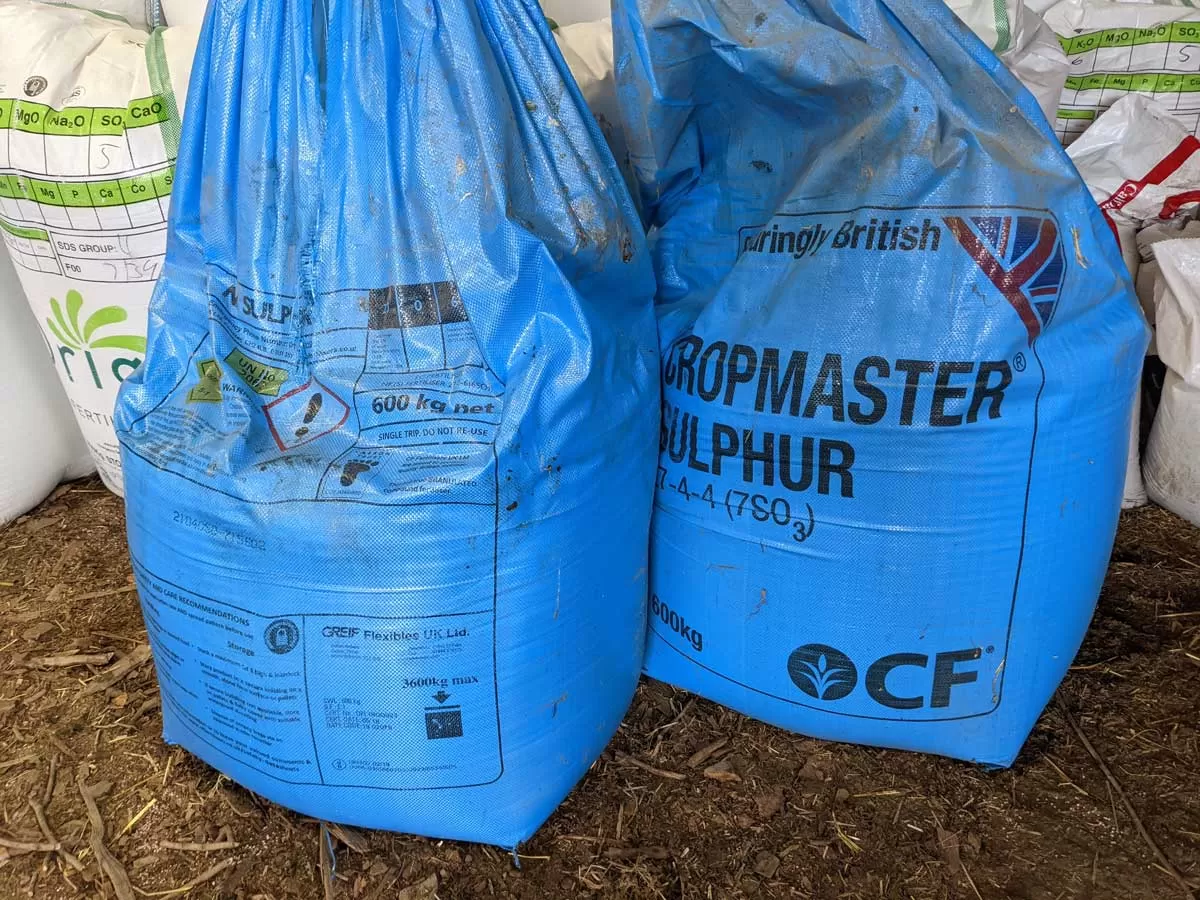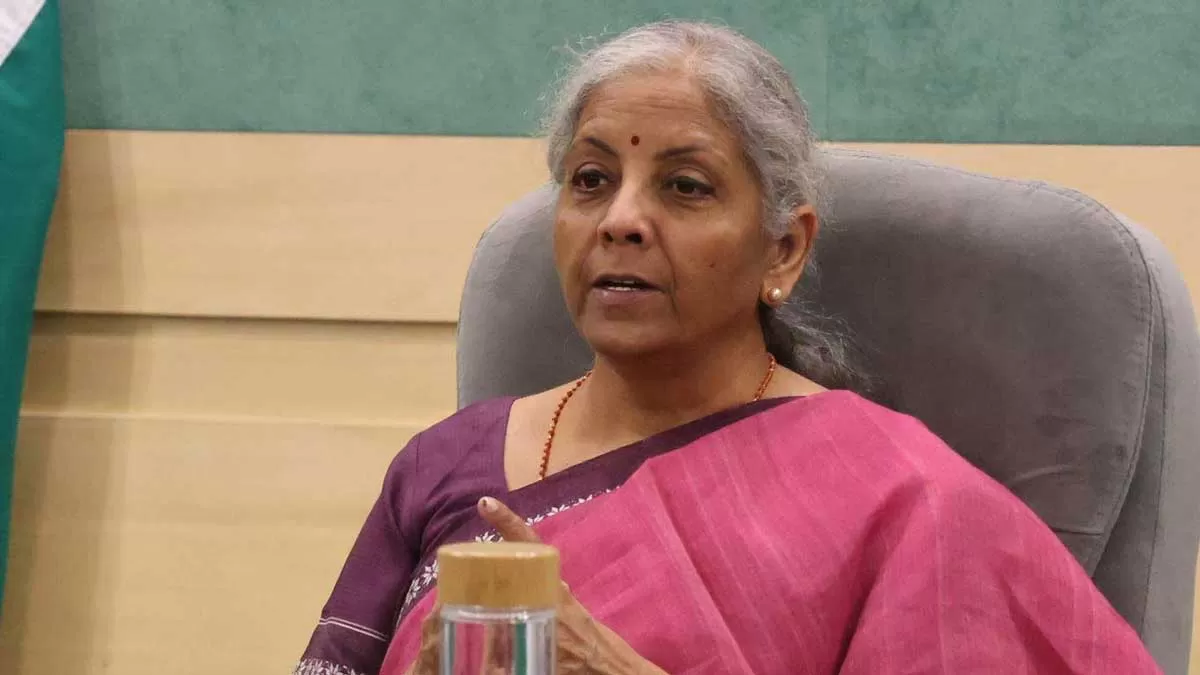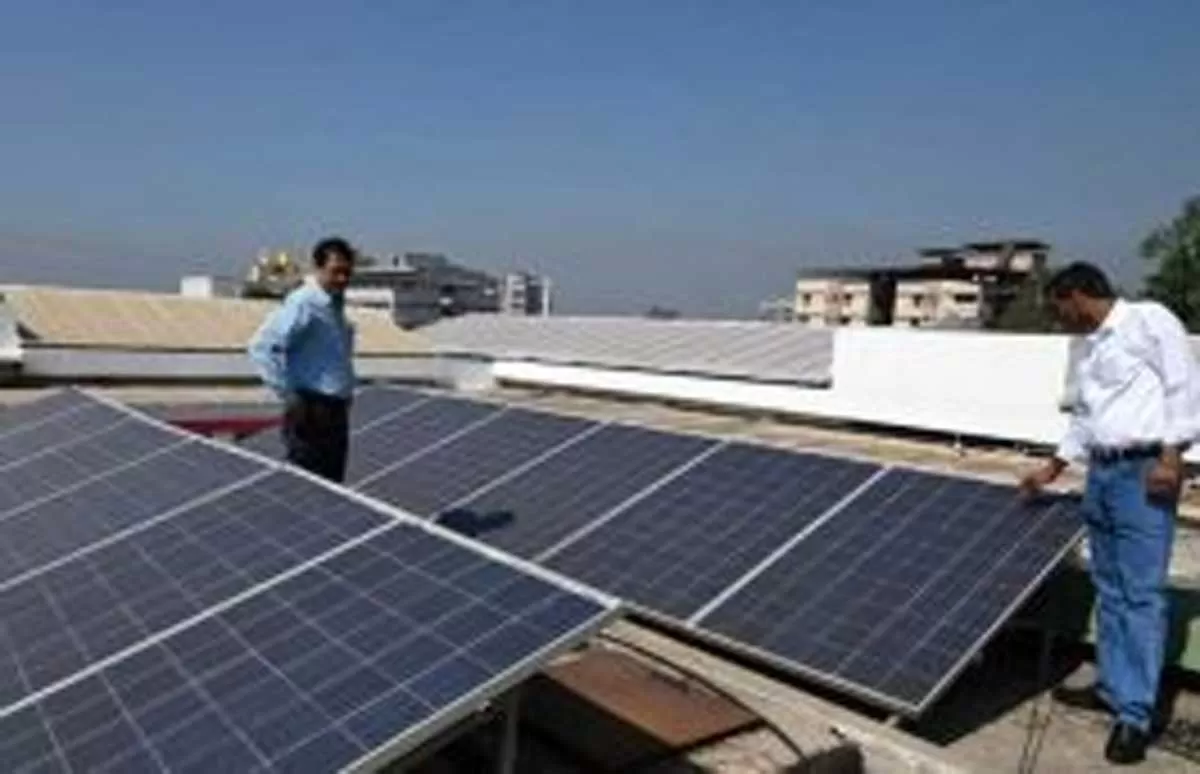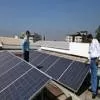
Budget Allocation for Fertilisers Increased to Rs 1.91 Trillion

Finance Minister to Launch NITI NCAER States Economic Forum Portal
Union Finance Minister Nirmala Sitharaman is set to launch the "NITI NCAER States Economic Forum" portal on 1st April 2025 in New Delhi. Developed collaboratively by NITI Aayog and the National Council of Applied Economic Research (NCAER), the portal will serve as a comprehensive repository of economic, social, and fiscal data spanning over 30 years (1990-91 to 2022-23). Key Features of the Portal The platform is structured into four main components: State Reports: Provides macro and fiscal overviews of 28 Indian states, featuring data on demography, economic structure, socio-economic indic..

IREDA’s Loan Sanctions Surge 27% to Rs 474.53 Bn in FY 2024-25
The Indian Renewable Energy Development Agency Limited (IREDA) has reported a 27% increase in loan sanctions, reaching Rs 474.53 billion for FY 2024-25, as per provisional data. Loan disbursements also saw a 20% rise to Rs 301.68 billion, up from Rs 250.89 billion in the previous fiscal year. Additionally, the outstanding loan book expanded by 28%, standing at Rs 762.5 billion as of March 31, 2025, compared to Rs 596.98 billion in FY 2023-24. IREDA’s Commitment to Renewable Energy Growth Shri Pradip Kumar Das, Chairman & Managing Director, IREDA, emphasized the company’s commitment to t..

Centre to Increase Auto-Settlement Limit for PF Withdrawals to Rs 5 Lakh
In a major move to enhance the Ease of Living for its 7.5 crore members, the Employees’ Provident Fund Organisation (EPFO) has decided to increase the limit for auto-settlement of advance claims (ASAC) from Rs1 lakh to Rs 5 lakh, sources told ANI. According to insiders, Sumita Dawra, Secretary, Ministry of Labour and Employment, approved the proposal in the 113th meeting of the Executive Committee (EC) of the Central Board of Trustees (CBT), held in Srinagar on March 28, 2025. The proposal now awaits final approval from the CBT, after which EPFO members will be able to withdraw up to Rs 5 l..














